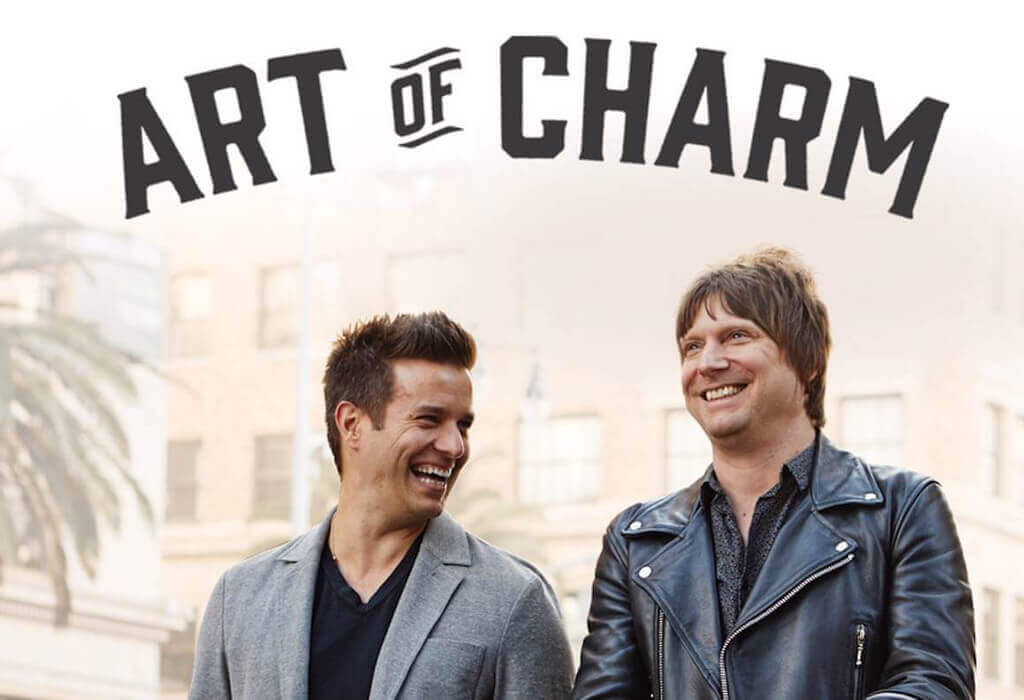Garry Kasparov (@Kasparov63) is a Russian chess grandmaster, political activist, and author of Deep Thinking: Where Machine Intelligence Ends and Human Creativity Begins and Winter Is Coming: Why Vladimir Putin and the Enemies of the Free World Must Be Stopped.
“I’m an optimist…I still believe that humanity has a purpose.” -Garry Kasparov
The Cheat Sheet:
- The part chess played in promoting Soviet Russian ideology during the Cold War.
- What it takes to become a chess champion now compared to 50 years ago and why Garry considers the game “one of the most aggressive forces of psychological warfare.”
- What can and can’t be applied from chess to politics and decision making.
- What Garry knows from experience about authoritarian governments and why we need to be vigilant against them now more than ever.
- Is our civilization poised for progress or ruin now that supercomputers can beat superhumans at tournament-level chess?
- And so much more…
[aoc-subscribe]
You may recognize Garry Kasparov as the Russian chess champion who was famously defeated by IBM’s Big Blue supercomputer in the ’90s, but among humans, he’s still regarded by many as the greatest chess player of all time.
On retiring from professional chess in 2005, Garry devoted his time to politics and writing. He formed the United Civil Front movement, and joined as a member of The Other Russia, a coalition opposing the administration and policies of Vladimir Putin. He is currently chairman for the Human Rights Foundation, and author of Deep Thinking: Where Machine Intelligence Ends and Human Creativity Begins and Winter Is Coming: Why Vladimir Putin and the Enemies of the Free World Must Be Stopped. Listen, learn, and enjoy!
More About This Show
Russian-Croatian chess grandmaster Garry Kasparov remembers his initial interest in chess was sparked by a puzzle in a local newspaper his parents were trying to work out when he was probably just five or six years old.
“I was fascinated by these magical pieces — these very intricate combinations,” says Garry. “I couldn’t figure out how they moved, but eventually I did it…and that was the beginning of my romance with the game of chess that has lasted almost half a century!”
Some might believe this affinity would make him naturally gifted at mathematics (he only considers himself “pretty good”), but his passions have always tended toward history, philosophy, and humanitarianism — which is probably why he now focuses on politics and writing since his retirement from professional chess in 2005.
Garry says that not being particularly adept at mathematics “sounds a bit odd to non-professionals, because they believe that chess players must be good at mathematics since chess is about calculation. To the contrary, it has many other elements, like fantasy, imagination, [and] intuition.”
Garry considers his early immersion in chess important to how he learned to make decisions, as he talks about in his book How Life Imitates Chess: Making the Right Moves, from the Board to the Boardroom.
“We’re all different,” says Garry, “so the way we make decisions depends very much on our character — on the way we build from our nature. Some people are more aggressive, some people are less aggressive but just more conservative, so we always look at even the same position from different angles. Some people are just better built to play chess. Some people are better built to do other things. For instance, I’m very good at anticipating big pictures. I know I’m much worse in working with smaller details — with micromanagement. And I made sure that my chess-playing style would incorporate my strengths and [would] make a deadly weapon against all my opponents.”
Thanks to the body of information now available by way of technology, the average age of competitive chess players has gone down since Garry became the youngest Soviet National Champion at age 12 and the youngest ever undisputed World Chess Champion in 1985 at age 22. And since IBM’s Big Blue supercomputer famously beat Garry in the late ’90s, how does Garry feel about the role of technology in the game of chess and human civilization as a whole?
“Whatever is happening with machines sort of taking over some of the jobs, it’s a part of our history — the history of civilization. From early days — not even a hundred years ago — people tried to come up with machines with some mechanisms to improve living standards and just to make our work process more efficient. And now we can see that machines just moving from manufacturing side…replacing manual jobs into some menial parts of cognition. It’s a natural step forward and I think we have to look for the ways to incorporate it into our working process than mourning and spreading doomsday predictions.”
Listen to this episode of The Art of Charm in its entirety to learn more about Garry’s rivalry with Anatoly Karpov that extends beyond the boundaries of chess, the part chess played in promoting Soviet Russian ideology during the Cold War, what it takes to become a chess champion now compared to 50 years ago, why Garry considers chess “one of the most aggressive forces of psychological warfare,” what can and can’t be applied from chess to politics and decision making, what Garry knows from experience about authoritarian governments and why we need to be vigilant against them now more than ever, and lots more.
THANKS, GARRY KASPAROV!
If you enjoyed this session with Garry Kasparov, let him know by clicking on the link below and sending him a quick shout out at Twitter:
Click here to thank Garry Kasparov at Twitter!
Click here to let Jordan know about your number one takeaway from this episode!
Resources from This Episode:
- Transcript for Garry Kasparov | Deep Thinking (Episode 644)
- Deep Thinking: Where Machine Intelligence Ends and Human Creativity Begins by Garry Kasparov and Mig Greengard
- Winter Is Coming: Why Vladimir Putin and the Enemies of the Free World Must Be Stopped by Garry Kasparov
- How Life Imitates Chess: Making the Right Moves, from the Board to the Boardroom by Garry Kasparov
- Human Rights Foundation
- United Civil Front: The Other Russia
- Garry Kasparov at Facebook
- Garry Kasparov at Twitter
- Clash of Champions: Kasparov vs. Karpov
- The James Altucher Show Ep. 227: Garry Kasparov — Become The World’s Greatest at What You Love Most
- Magnus Carlsen vs. Garry Kasparov
- Timothy Snyder | Twentieth Century Lessons on Tyranny (Episode 629)
- Why Dictators Hate Chess: Garry Kasparov on Vladimir Putin’s Meddling and America’s Response by Jacob Weisberg, Slate
- Bridge of Spies
- Jack Barsky | Deep Undercover Pt. 1 (Episode 633)
- Jack Barsky | Deep Undercover Pt. 2 (Episode 635)
You’ll Also Like:
- The Art of Charm Challenge (click here or text AOC to 38470 in the US)
- The Art of Charm Bootcamps
- Elite Human Dynamics
- Best of The Art of Charm Podcast
- The Art of Charm Toolbox
- The Art of Charm Toolbox for Women
- Find out more about the team who makes The Art of Charm podcast here!
On your phone? Click here to write us a well-deserved iTunes review and help us outrank the riffraff!




